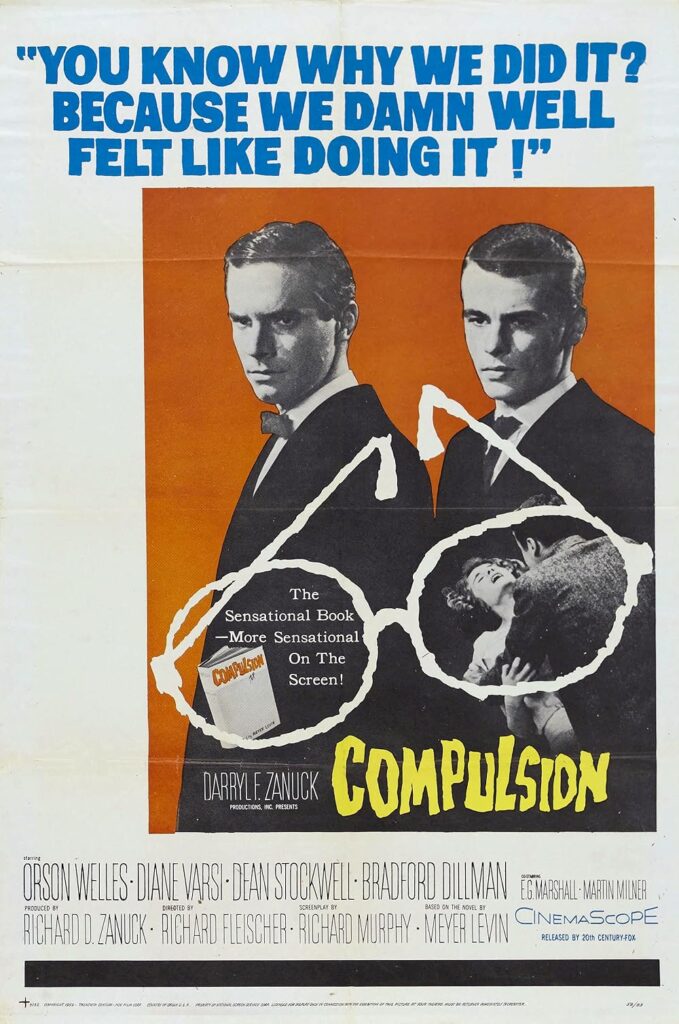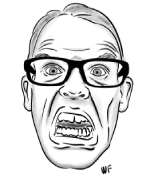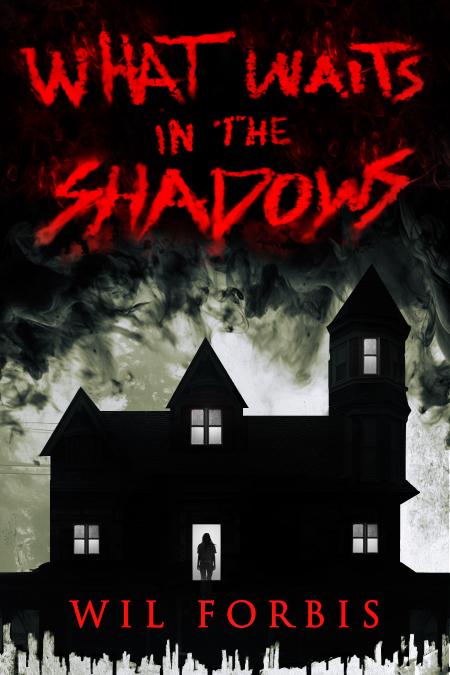
I keep mentioning Hitchcock these days. One of his greatest films was 1948’s “Rope”, a retelling of the famous 1924 Leopold and Loeb murders where two young men killed someone just for the thrill of it. 1959’s “Compulsion” is about the same case.
“Compulsion” feels like two films in one. The first half details the psychodrama between the killers after the murder of a young boy. Bradford Dillman’s Artie is cool and calm—the brains behind the operation. Dean Stockwell’s Judd is the heart of the story; he’s ravaged by guilt, rage at his family, and a yearning for Artie’s respect. Stockwell does a great job with this meaty role.
Once the boys are charged with the crime, “Compulsion” becomes almost a different movie. Orson Welles steps in as their defense attorney, (a character clearly based on Clarence Darrow who defended the real killers) which leads to him giving a long speech in court against capital punishment. I, uh, frankly, got a little bored with it even though I’m sympathetic to the cause.
There’s a burning question that pops up whenever someone recreates the Leopold and Loeb narrative: will they make the characters gay? I’ve always understood that the real killers were, but a little internet research complicates this in ways too lengthy to get into. Hitchcock’s “Rope” seems to dance around the question. (I’ve always suspected Jimmy Stewart’s character, who uncoils the killers’ deceit, is supposed to be gay.) “Compulsion” was made a few years later than “Rope” and seems closer to bringing all this to the surface, but never commits to anything. Judd is in love with Artie, but also with a fellow college student Ruth (played by Diane Varsi) whom he at one point attempts to sexually assault. (This woman is EXTREMELY forgiving of Judd’s failings.)
Basically, all the contradictions of 1950s notions of sex and gender are on full display. The film could serve as a handy anthropological exhibit of the era.
All in all, “Compulsion” is a decent noir film with Hitchcockian aspirations.

